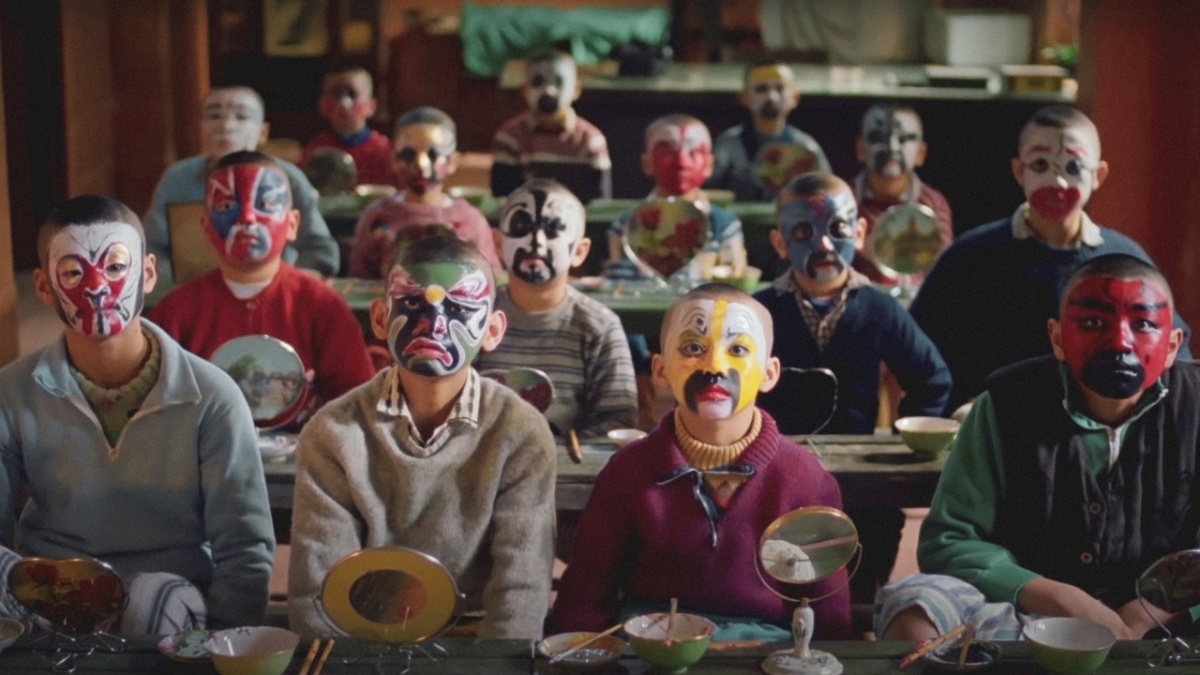A comforting if bittersweet retelling of Sammo Hung’s formative years at the Peking Opera School where he plays a master mentoring his younger self, as it explores tradition and passion at the crossroads of societal and cultural change.
Continue reading →




















